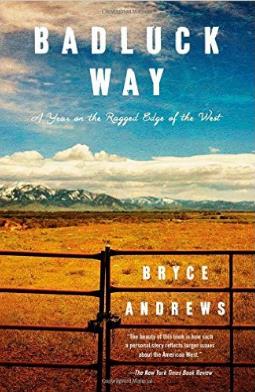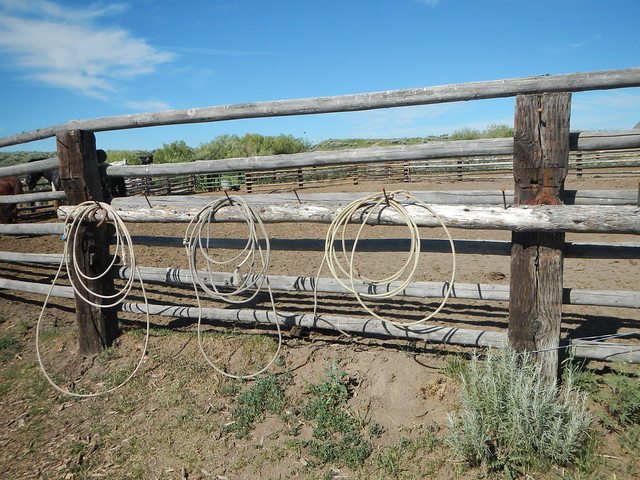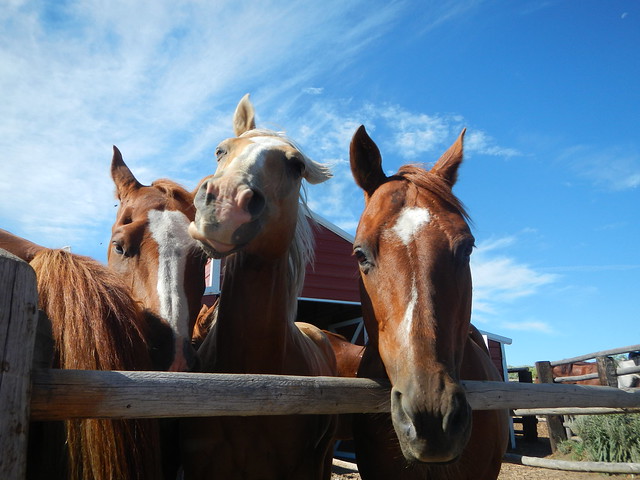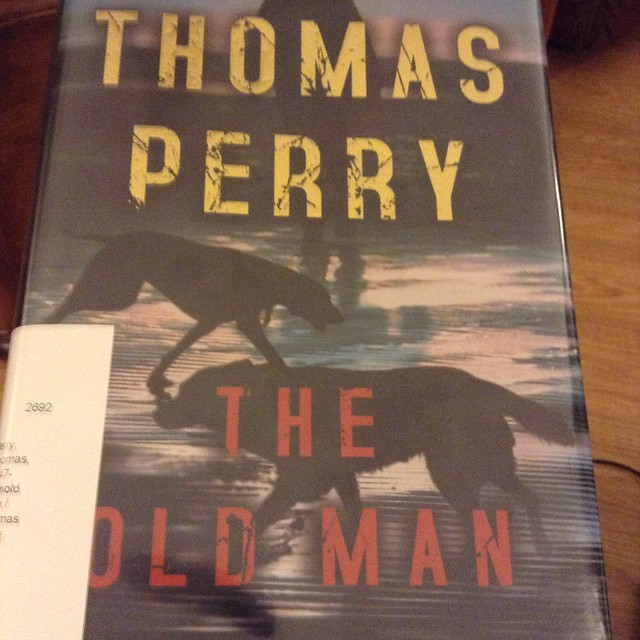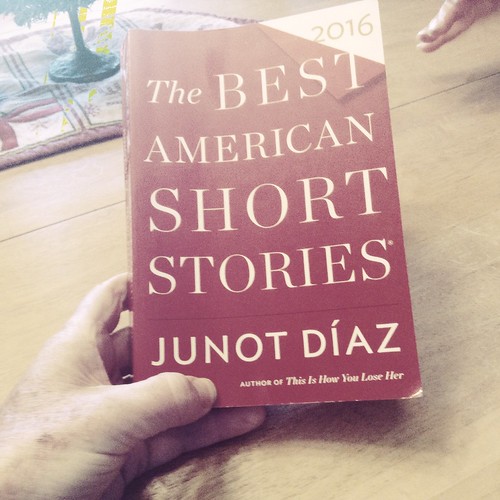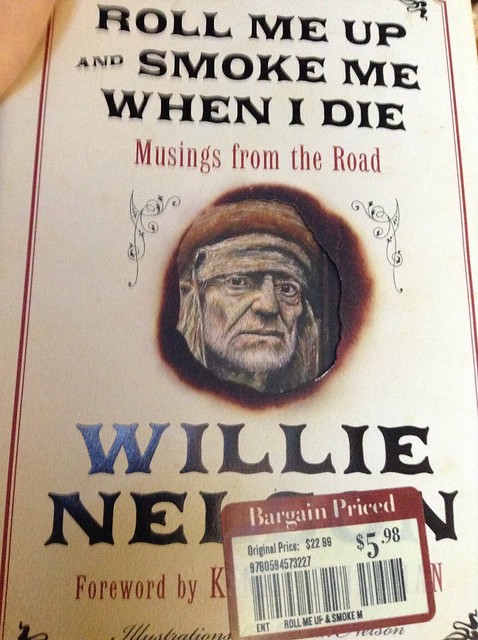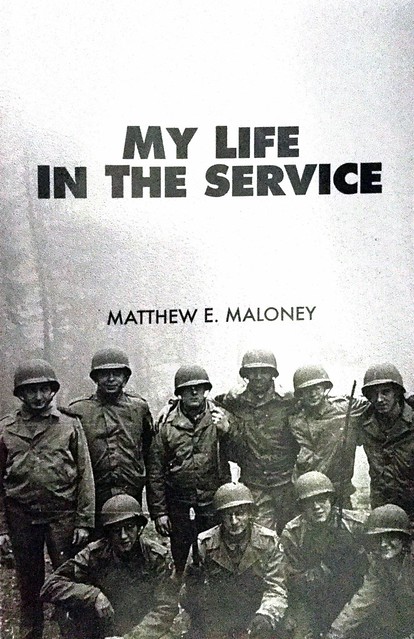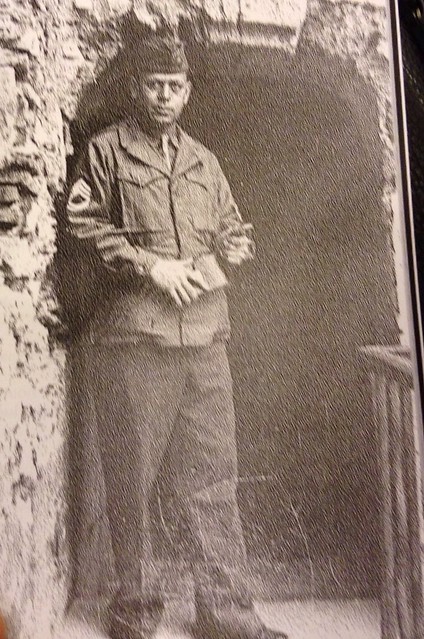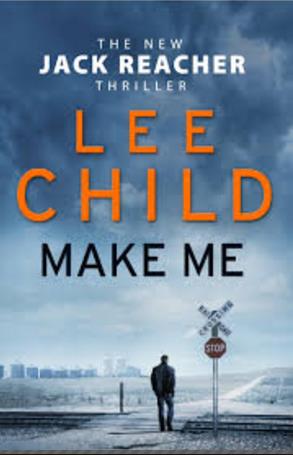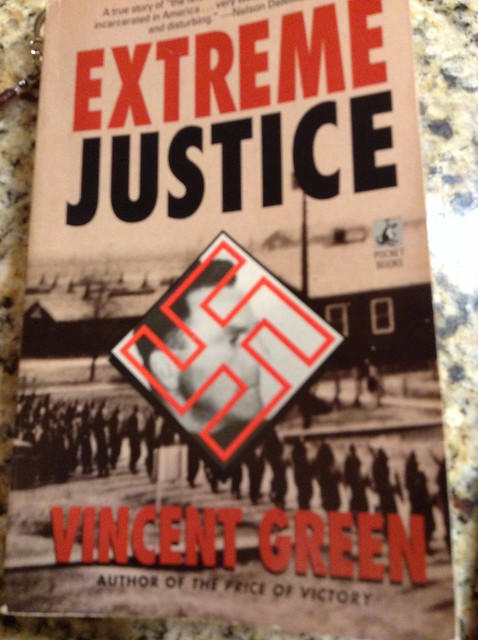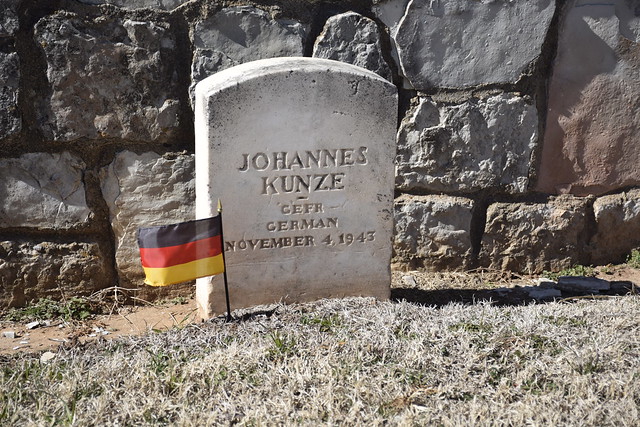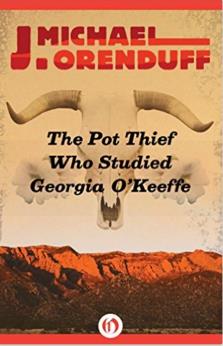I like to read and I read a lot but I don’t get excited about most of what I read. When I do get excited its like, stop reading everything else, stop blogging, stop watching television, stay up late and show up at work tired. Badluck Way is one of those books. It is about the author’s one year stint as a ranch hand on a big ranch in Montana. He loved working there but he felt he had to leave.
This book really spoke to me. I am no cowboy and don’t know a thing about ranches or cows but I have known people who know all about that. I have been fascinated by how the west is changing, but still kind of staying the same. The ranch that Bryce Andrews worked on is the Sun Ranch near Ennis, Montana. It’s a 17,000 acre spread near Yellowstone Park that was owned when Bryce worked by a gazilloinaire named Roger who was trying to make the ranch sustainable. Sustainable meant that cows, wildlife, such as elk, and deer, and predators such as wolves migrating from Yellowstone all live happily together.
Bryce and his cohorts worked hard. The one thing I learned about ranching while growing up is that there is a lot more to it than riding horses. A ranch hand has to know about cows and their various illnesses and ailments, horses, and in addition fixes a lot of fence, cleans out spring boxes, and has to know about plumbing, electricity, auto mechanics, in addition to house maintenance. The other thing is that the work never stops and there is also something else to do and some things cannot wait. If a heifer is having problems calving and it is late the in the day, too bad about you plans. Ranching is hard ass work and there is no other way about it. It can be blazing hot or freezing cold, it doesn’t matter. Most people working ranches that I have known are very tough and very hard workers.
The other thing I liked about the book is its description of modern ranching. Horses are just one means of transport among others for moving around the ranch. I’ve had ranchers tell me that horses are a pain. A four wheeler doesn’t need to be fed, they don’t have vet bills, they don’t cause trouble. Lots of the work in the book is done on four wheelers and pickup trucks. Four wheelers in particular can cover a lot of rough territory in a short amount of time and can carry lots more gear than a horse can carry.
The other thing about the Sun Ranch where Andrews worked is that it is owned by a wealthy person. There are lots of family owned ranches in the west but it seems that more and more wealthy individuals own the ranches. The guy, “Roger” who owned the Sun Ranch while Andrews worked there bought it from the actor Steven Seagall. Non ranches owning big ranches is nothing new in the west going back to the 19th century. There is something about owning huge amounts of land, especially land with mountains, streams, timber,and wildlife that is very attractive to people.

Photo by Golo, displayed under Creative Commons license allowing use with attribution and no derivatives.
The book is really about the wolves. The wolves who were reintroduced into Yellowstone Park in 1995 have been very fruitful and multiplied greatly and have, not being respecters of signs, have spread far beyond the National Park into the surrounding area including ranches where they have sometimes killed lots of cattle. Some of the wolves are collared with radio transmitters and the ranches can monitor the movements of the wolves. The wolf reintroduction although successful has been very controversial and in some areas of the west if you think that the wolves are a good thing, you are best advised to keep the opinion to yourself. Anyway Andrews experiences dealing with the wolves affected him personally very much.
The other thing about the book I liked is its portrayal of “cowboys.” Andrews talks about how after a couple months after starting work at the ranch he got properly outfitted with the right gear and clothes, he remarked to the ranch manager how Andrews thought he was looking like a real cowboy and the manager made the withering, pithy observation that he thought he preferred the word cowboy as a verb than a noun. (And a I can tell you that a such western withering, pithy observations can be humiliating).
So it is not a sad story about a way of life that is disappearing, it is more of a story about how way of life is changing with the times. It helps that Andrews is a talented and interesting writer and has a great respect for land, the owners, and the people who work the land. I found the book to be compelling read.
Meantime, the grinding crunch of capitalism works. Roger had to sell the ranch to a mining executive in 2010 because of the economic downturn. Roger Lang secured the future of the ranch as a refuge by selling conservation easements for almost all of it.

